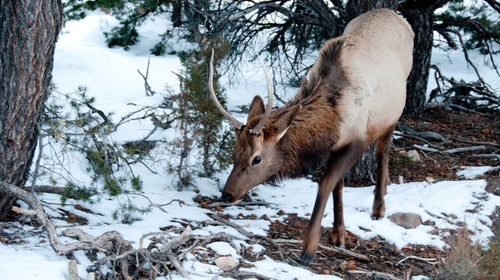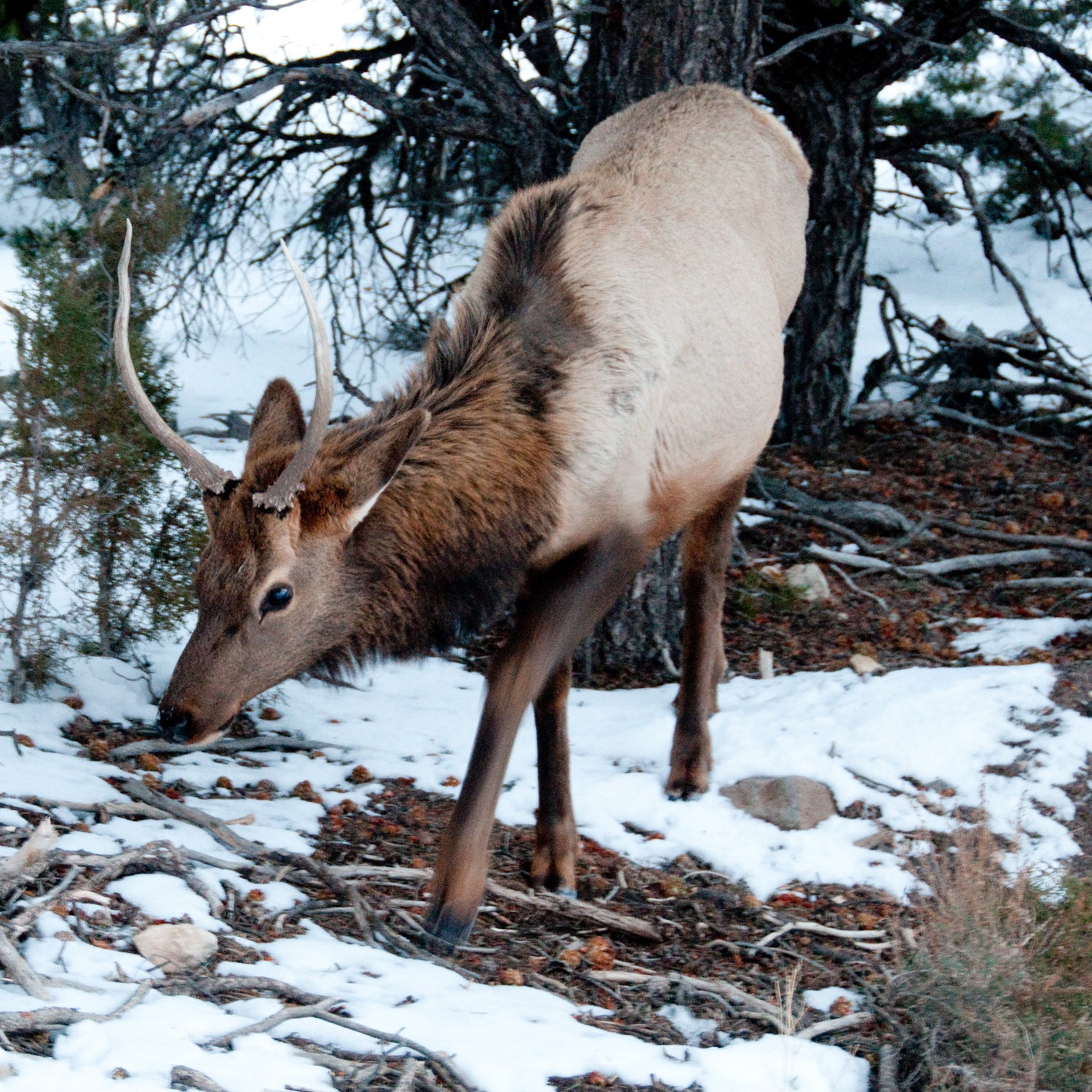A in the scientific journal ╠řraises questions about how the presence of humans affects╠řwild animals and their susceptibility to predators. For the╠řpaper, researchers at the University of California, Los Angeles (UCLA)╠řexamined data of╠řobserved animal behavior from scientists around the world.╠řDan Blumstein, professor and chair of the department of ecology and evolutionary biology at UCLA, is the corresponding author of╠řthe paper,╠řÔÇťHow Nature-Based Tourism Might Increase Prey Vulnerability to Predators.ÔÇŁ
With ecotourism, or nature-based tourism, Blumstein told╠ř║┌┴¤│ď╣¤═°╠řon Monday,╠řthere is evidence that animals can become more tolerant of humans. ÔÇťThe question weÔÇÖre asking╠řis, ÔÇśDoes this mean they become more vulnerable to predators?ÔÇÖÔÇŁ╠řhe said. ÔÇťThe degree to which animals become dumb around humans is a really interesting question.ÔÇŁ
The paper examines the link between wild animalsÔÇÖ gradual domestication through interaction with humans in high-traffic areas╠řlike wilderness preserves. Due to their close proximity to humans, these animals╠řlive in a kind of protective net from predators. As they breed, they pass down domestic traits, changing the species generation by generation. BlumsteinÔÇÖs paper asks whether this poses a danger to the animals both immediately and in the long-term, especially if the protection that human presence╠řprovides from predators╠řis removed.╠ř
While these changes may not seem as critical for species like deer or squirrels, the stakes are higher╠řwhen dealing with already-stressed populations, specifically endangered species. For╠řat-risk╠řpopulations, the loss of several animals (due to domestication and its impact on the animalÔÇÖs ability to escape╠řpredators)╠řcould result in a stable population moving into decline, Blumstein said. He also said╠řthat the paperÔÇÖs results call for additional research to discover a timeline of when these changes take place. Park managers could use the resulting data could when implementing zoning, which would offset high-traffic areas with areas that have restricted access, allowing animals little to no interaction with humans. This method is already practiced in the Galapagos╠řIslands and select other areas around the world, according to Blumstein.╠ř
ÔÇťThe true ecotourists are going to be the most amenable to thinking critically and wanting to get more information, and then presumably wanting to minimize their impact,ÔÇŁ Blumstein said.


